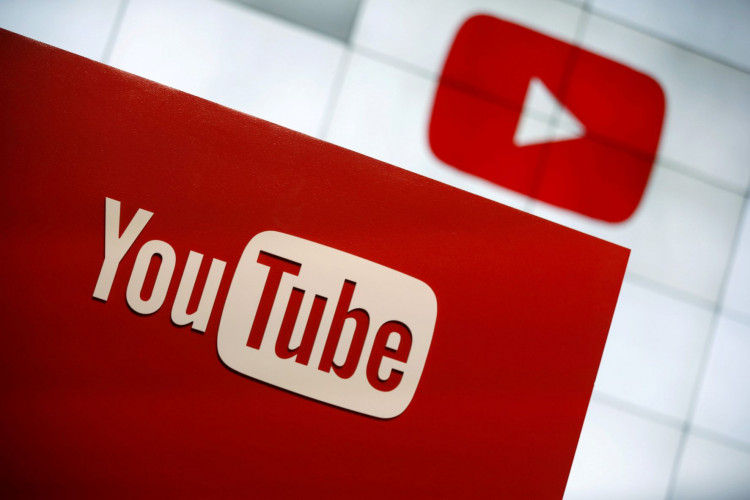Google will no longer be allowing climate deniers on its YouTube video platform to monetize such content. In response to the controversy around climate change, Google announced that it will no longer allow creators to profit from content that contradicts the scientific consensus on the issue.
In some videos on YouTube, climate change is often referred to as a hoax or a scam. Google said creators of these types of content will no longer be able to monetize their videos as ads will be disabled. Google said it will be enforcing the new policy starting in November.
Although climate-related ads and monetization are still allowed, they will be placed alongside other topics that are related to the issue.
The implementation of the new policy is reportedly in response to the frustration of advertisers and some content creators. The company said these changes were made to address the issue of climate denialism and misinformation.
According to the company, the decision was made over concerns of advertisers that do not want their ads to appear next to climate denial content on YouTube. Google regularly updates its policies to reduce misinformation, though this update is notable given how hard it is to classify certain commentary as denialism and misinformation.
Google said it will look for content that violates its new policy, which is focused on preventing the spread of climate-related misinformation. It says that it will also consider the context in which these claims are made and removal of ads will on be on a case-to-case basis. The company said it would use a combination of human review and automated tools to do so.
The company said the new policy was created after it consulted with organizations such as the United Nations Intergovernmental Panel on Climate Change, which warned in an assessment report that man-made greenhouse gases are contributing to global warming.
On Wednesday, Google also launched a suite of new tools designed to give users information about how they can reduce their greenhouse gas emissions and prevent misinformation. Facebook also made a similar move in February by creating an online portal aimed at mitigating misinformation about climate change.






